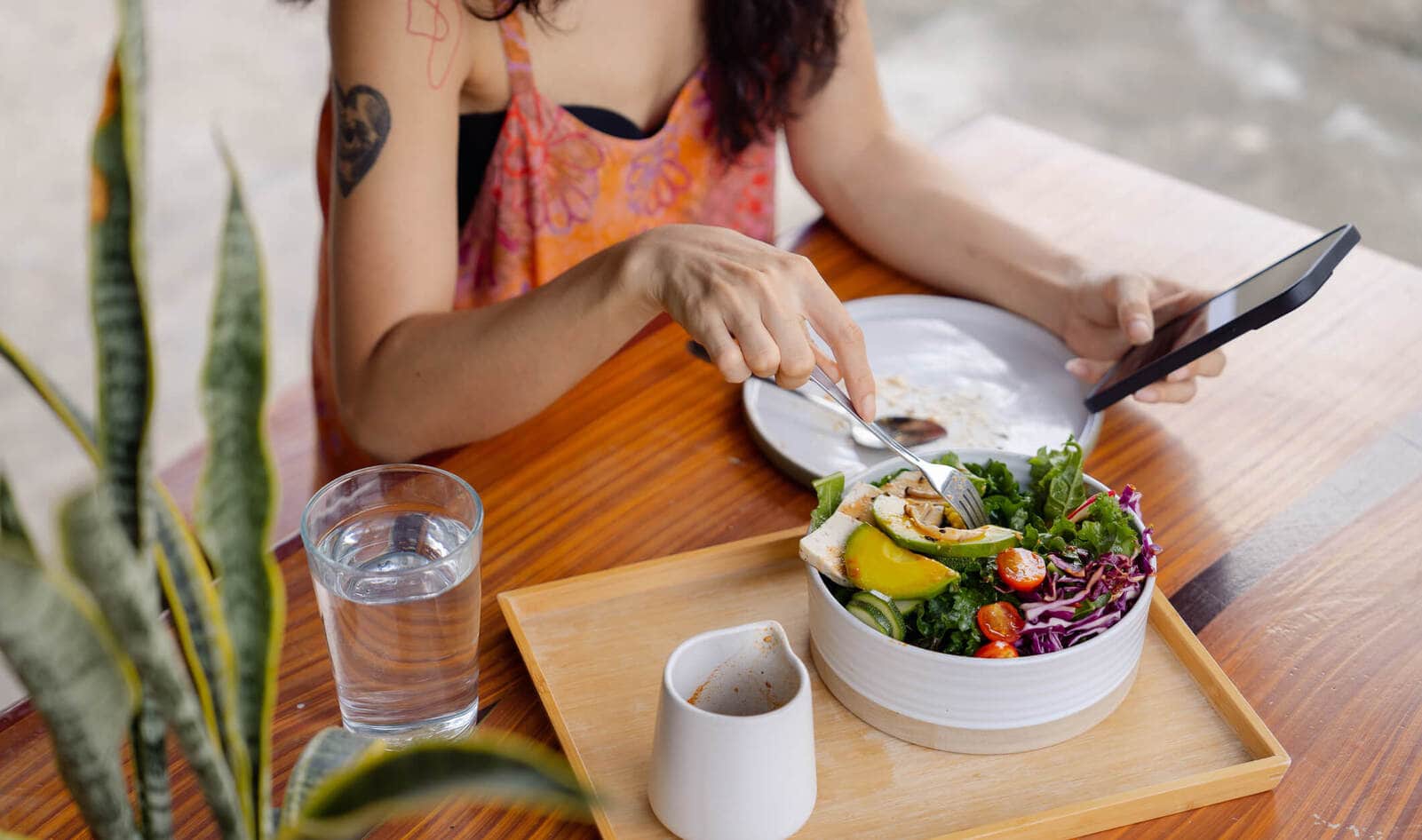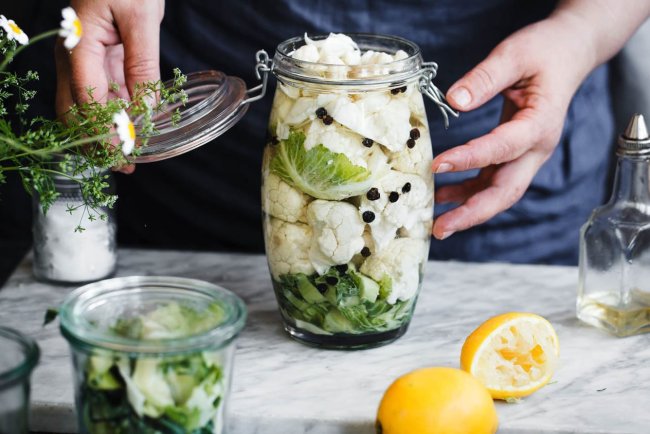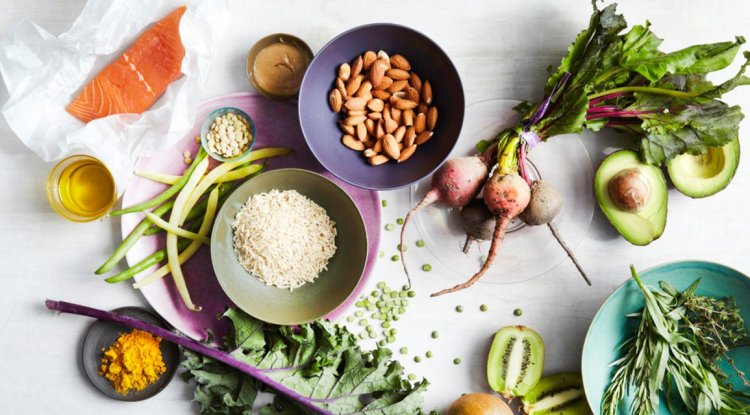Which Diet Is Healthier, Paleo or Vegan, and What You Might Miss If You Go All In?
Choosing a healthy diet is now about intention rather than survival in a world where the modern supermarket sells everything from coconut kefir to cricket flour. The vegan and paleo diets are two extremely popular but quite different dietary philosophies that have become the most popular in recent years. All animal products are avoided.

Both assert that they are best for human health. However, are they?
Spoiler alert: There is no clear-cut solution. The truth lies in the details, much like in other aspects of life and nutrition.
Paleo and Vegan: Two Diets, One Important Question
Knowing what you are truly getting into, both the positive and the potentially negative aspects, is helpful when deciding between plant-only purity and a back-to-the-caveman fundamentals approach.
What Every Diet Ignores (And Why That Counts)

Grass-fed beef, fish, eggs, nuts, seeds, and low-glycemic fruits and vegetables are all popular among Paleo eaters. However, they avoid most processed foods, wheat, dairy, and legumes. This implies that they frequently deprive themselves of fiber, calcium, vitamin D, and B vitamins nutrients that are essential for gut, brain, and bone health.
Vegans, on the other hand, avoid all animal products, such as meat, dairy, eggs, and occasionally even honey, although they do eat a rainbow of plant-based foods, such as grains and legumes. Without careful planning or supplementation, this could result in a deficiency of iron, calcium, vitamin B12, and omega-3 fatty acids.
In summary, both diets have impressive benefits, but without careful implementation, neither is perfect.
What Vegan and Paleo Diets Do Well

Notwithstanding their differences, there are several indisputable health benefits that paleo and vegan diets have in common:
Reduced processed crap. The chemical-laden, sugar-filled, shelf-stable foods that lead to weight gain, inflammation, and chronic illness are discouraged by both.
More complete foods. Consider real ingredients like avocado, sweet potatoes, blueberries, chickpeas, spinach, and almonds. The things your grandmother may know.
Better fats. These diets emphasize heart-healthy fats over the greasy mystery oils found in fast restaurant fries, whether they come from walnuts, flaxseed, olives, or wild-caught salmon.
Actually, nutrition science is coming to the conclusion that food quality is more important than low-carb versus low-fat diets. Whole, minimally processed foods are always preferable to highly processed "diet" food.
Let us also be clear that eating paleo does not approve of daily T-bone steaks, nor does being vegan imply wellness (hello, vegan donuts). Technically, a bag of Skittles is vegan. In theory, a three-pound steak is paleo. The objective is neither.
Five Timeless Nutritional Principles That Apply to Any Diet
Regardless of your preference for chickpeas or your inner hunter-gatherer, these five guidelines are crucial for maintaining a healthy diet and keeping strong:
1.Give plants priority
Eat a lot of whole grains, legumes, nuts, seeds, fruits, and colorful veggies. Fiber, vital minerals, and potent phytochemicals that combat oxidative stress, inflammation, and even cancer are all abundant in these meals. At each meal, try to have half of your plate be plant-based.
2. Eat Enough Protein

Protein is essential for immune system support, muscle maintenance, and tissue regeneration, particularly as you age. A healthy diet can include lean meats and eggs, but moderation is essential.
3. Slice the Prepared Materials
Ultra-processed meals have a price tag, but they are made to be addictive. People who ate ultra-processed diets acquired more weight and had worse blood sugar and cholesterol than those who ate real foods, according to a groundbreaking NIH study. A barcode is not as intelligent as your body. Give it the right amount of food.
4. Pay attention to the Big Three: Sodium, Sugar, and Saturated Fat
You do not have to control every meal, but you should remain alert. Limit your daily sodium intake to 2,300 mg and your daily intake of saturated fat and added sugar to less than 10%. The majority of us consume far more salt than that, which is roughly one teaspoon.
5. Strive for Equilibrium, Not Excellence

Your body cannot get what it needs from a single food (or diet). Variety is the key. Change things up. Consume a variety of foods.
So Which Is Better for Your Health: Paleo or Vegan?
The truthful response is as follows: How you do things determines the outcome.
However, you may feel lethargic, groggy, or even sad if you do not get enough B12, iron, and omega-3 fatty acids.
Reduced consumption of processed foods, increased muscle mass, and blood sugar stability are all benefits of a conscious paleo diet. However, you may be deficient in fiber, calcium, and vital B vitamins if you are avoiding grains, dairy, and legumes without substitutes.
Depending on the balance and quality of the foods, either diet can succeed or fail.
Concluding Remarks: Pick What Best Fuels You
Ultimately, the ideal diet is not the most restricted or trendy one. It is the one that promotes your long-term health, fits your lifestyle, and nourishes your body. It could be vegan. It could be paleo. It may even be a hybrid—a dish that is mostly plant-based but yet has space for meat from ethical sources or the occasional piece of whole-grain bread.
Just remember: No matter what label you embrace, let common sense and curiosity lead your plate not internet hysteria.
And if you are altering your diet significantly? Consult a certified dietician or your physician to ensure you are meeting all of your nutritional needs. Your microbiota and future self will appreciate it.
What's Your Reaction?




















